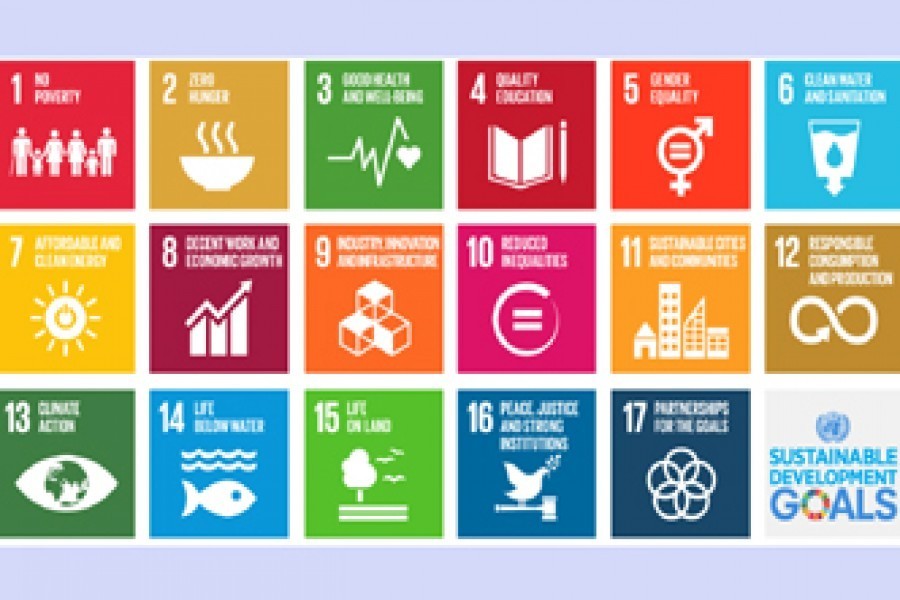In a post-independent Bangla movie, Triratno (three jewels), three unemployed friends found a coin on the street and one explained, "I found eight Aana (one Aana equivalent to around six paisa)," Another youth said, "Call it 50 paisa (it is also called a coin of eight Aana)." Stretching the truth often gives people certain amount of satisfaction!
For all save protagonists, it's perplexing when the same country is termed 'basket case' in spite of its potential to grow and 'economic miracle' notwithstanding serious governance deficiencies. Most of its poor rankings in global indexes contrast eulogies like 'new 'Asian Tiger'.
Definitely Bangladesh has come a long way particularly on the economic front and it also faces difficulties in dealing with food adulteration, faulty healthcare system, poor education, environmental pollution, reckless urbanisation and real-life plight of millions like the three youths on the silver screen.
The currently dominant development literatures, as reiterated by leadership time and again, suggest that all the crises of development should have been solved by this time. Salvation was the dream the people of this land had pursued during the liberation war and during the movement for restoration of democracy.
The idea of East Asian model of development without autocracy was also floated as an excuse to overrule people's democratic aspirations of, say, electing representatives and exercising freedom of expression. Bangladesh, however, presents the world a different model of its own.
But the way its progress since independence is sometimes lauded indicates as if it is done by some elements other than the masses on the ground. Even genuine appreciation from foreign friends is interpreted as an achievement of a handful.
The World Bank has of late observed that Bangladesh is a global model for poverty reduction. This is just one of many such labels external actors used while highlighting the nation's development attainments. Praising Bangladesh's emergence as a 'low middle-income country within only a span of four decades', WB Vice President for South Asia Hartwig Schafer said in Dhaka last week, "To accelerate growth and reach the next level of development, the country will need to create more and better jobs for its youth. A robust private sector, conducive business climate, skilled labour force, efficient infrastructure along with the right policies and quick actions will be critical."
Delivery of what the WB official emphasised would require improved governance, effective institutions and functional democracy in Bangladesh context. Because, flight of capital, high non-performing loans, share market debacle, widespread corruption, traffic congestion and pollution in Dhaka and elsewhere and signs of widening resource gap are not reflections of the electoral pledges made to the people.
Rather, Bangladesh has achieved some of its development goals based on the people's resilience and their entrepreneurial drives for bringing changes in their lives. It's true for remittance, export of garments, micro and cottage enterprises, freelancing jobs, and farm and non-farm rural economic activities.
A statistically high growth may not distribute its fruits among the commoners unless it is meant for them and instead it is used as an excuse for pursuing some other goals. Only infrastructure-centric public spending cannot be considered sustainable development either. The Bangladesh economy rather entered a higher growth path coinciding with the country's democratic journey in 1991.
The lean presence of voters in the February 01 ballot in two city corporations of Dhaka reflected people's disillusionment with the voting process and system of governance. Apparently, the issue of mandate for making a liveable city hardly bothered the city dwellers.
Development is a homegrown phenomenon and what the ground reality is, not a false sense. It cannot be entirely imported or superimposed on a territory of population. Therefore, achievements of Bangladesh should also be judged by the people so that they can make amends for any flaws in the process.


